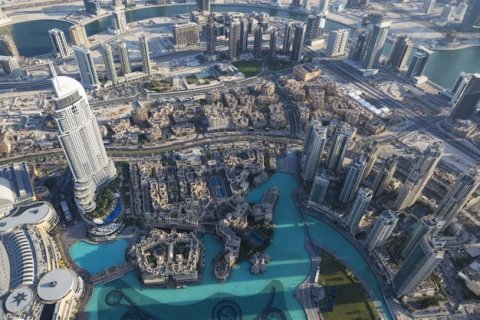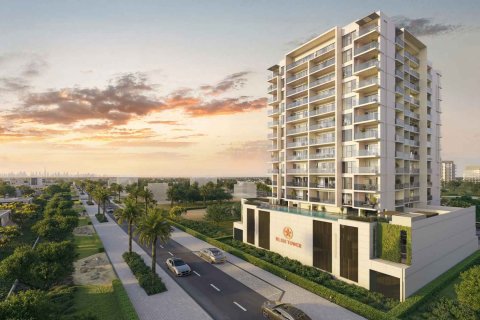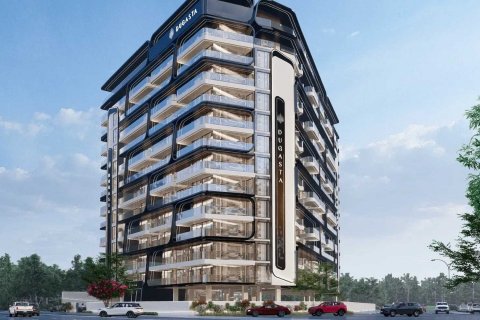
The development of the real estate sector in Dubai reflects a constantly expanding market, its resilience to external influences, and its attractiveness to investors, developers, and property owners.
Content:
A market of boundless opportunities
Since 2008, the real estate sector in the emirate has undergone significant changes. The introduction of stringent regulations by the Dubai Land Department (DLD) and the Real Estate Regulatory Agency (RERA) has helped make the market more transparent and secure for investors.
There are still entrepreneurs who fear getting burned by making non-standard moves. For those who didn't fare too well last time, the task may seem challenging. However, industry experts are quick to reassure: all concerns can be alleviated by changes already in effect in the emirate's real estate market.
One of these is the Escrow Law, which ensures that all funds for ongoing projects are deposited into an escrow account. This way, buyers will be protected from any potential difficulties related to construction delays.
Today, these changes are indicative of a more mature and stable market environment. According to Steven Leigh, Deputy Director of Planning and Investments at haus & haus Real Estate, Dubai's economic diversification, evidenced by significant growth in non-oil sectors, tourism, technology, and finance, reduces the city's vulnerability to fluctuations in global oil prices.
The City's Development Plan until 2040 envisages significant expansion of residential, commercial, and public areas, underscoring the government's commitment to sustainable urban development. These changes help investors, who previously suffered from market fluctuations, assess new opportunities to return to Dubai's real estate market in the long term.
Benefits of investing in Dubai
When comparing Dubai to other popular international real estate investment destinations, it has many advantages of its own.
In addition to increased rental yields and reduced ownership costs, Dubai's strategic geographical location serves as a bridge between East and West, giving it a unique advantage in attracting international business partners and expatriates.
Investments in world-class infrastructure and amenities, including significant assets such as airports, public transportation, and recreational areas, enhance Dubai's attractiveness as a global hub for living and doing business. The absence of income tax on rental income for private owners in the emirate further enhances its appeal, especially compared to tax obligations in regions such as London, the USA, and Europe.












































